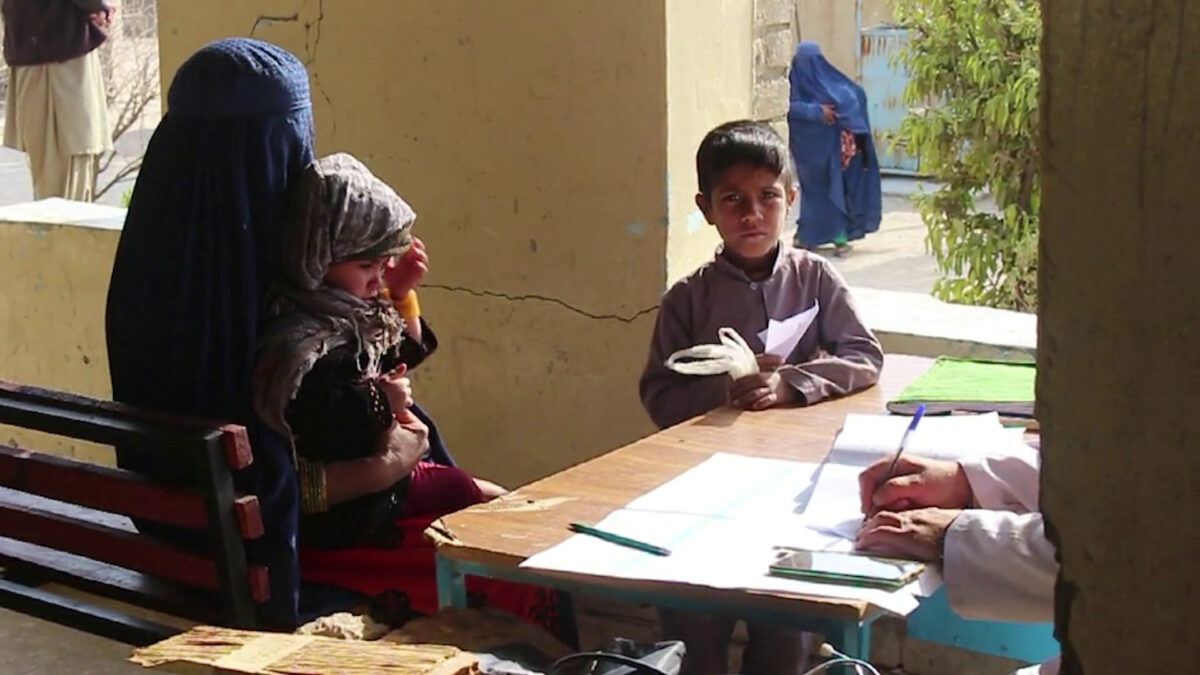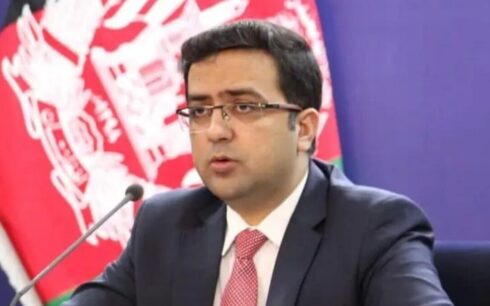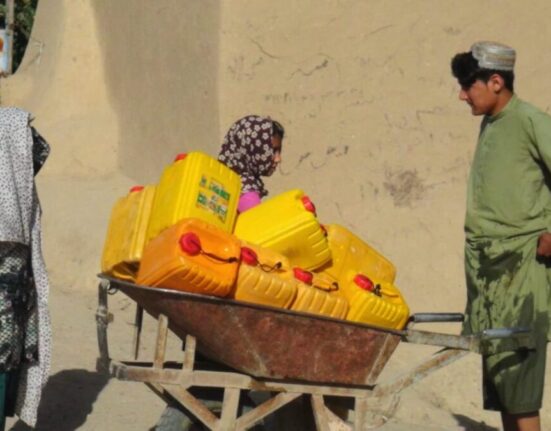Taliban’s increasingly repressive policies, such as banning women from working for the UN and nongovernmental organizations, have exacerbated the humanitarian crisis in the country, Human Rights Watch Associate Asia Director Patricia Gossman said this week.
In an article published on the watchdog’s website, Gossman said: “Now humanitarian aid groups must navigate trying to deliver crucial assistance while ensuring they do not reinforce the Taliban’s abusive diktats.”
She pointed out that Afghanistan has largely disappeared from the media, but it remains one of the world’s worst humanitarian disasters. “This is not a situation that lends itself to hashtag campaigns. For aid workers trying to adhere to both the humanitarian imperative of saving lives and the principles of neutrality and impartiality, these are difficult times.”
She said the ongoing crisis has thrust upon the United Nations two vital but seemingly incompatible responsibilities in Afghanistan: “keeping aid flowing to those most in need while also keeping pressure on the Taliban to end its appalling human rights violations.”
The abrupt loss of most international aid after the Taliban takeover in August 2021 prompted the initial crisis, but the Taliban’s increasingly repressive policies, such as banning women from working for the UN and nongovernmental organizations, have made the situation much worse.
She said humanitarian organizations in Afghanistan have long depended on a degree of operational flexibility and room to maneuver to keep urgent assistance going – whether negotiating access across front lines, running girls’ schools in the 1990s, or navigating the current unofficial exemptions for women to work in the health, nutrition, and education sectors.
“However, recent UN statements have led to confusion and charges of incoherence among UN agencies, as some have allowed men staff to keep working while women cannot. While acknowledging the need for local flexibility, it is essential that heads of key agencies like the World Food Programme and UNICEF maintain a firm, consistent line that the Taliban’s actions are in violation of international human rights law and the UN Charter,” she said.
A recent meeting of UN special envoys in Doha reportedly agreed on continued engagement without recognition of the Taliban until there is progress on human rights. While some Afghan civil society groups have rejected all engagement, others see it necessary to relieve the economic crisis.
“But all this will mean little if current humanitarian funding levels also do not improve. A drastic loss of aid will leave many Afghans poorer and hungrier,” Gossman said.
Last week USAID reported that 28.3 million people in Afghanistan are in need of humanitarian assistance, and that 19.9 million people in the country are experiencing acute food insecurity.
USAID stated that 23.7 million people are prioritized for humanitarian assistance this year. In addition, 25 million people received humanitarian assistance in the country last year.





